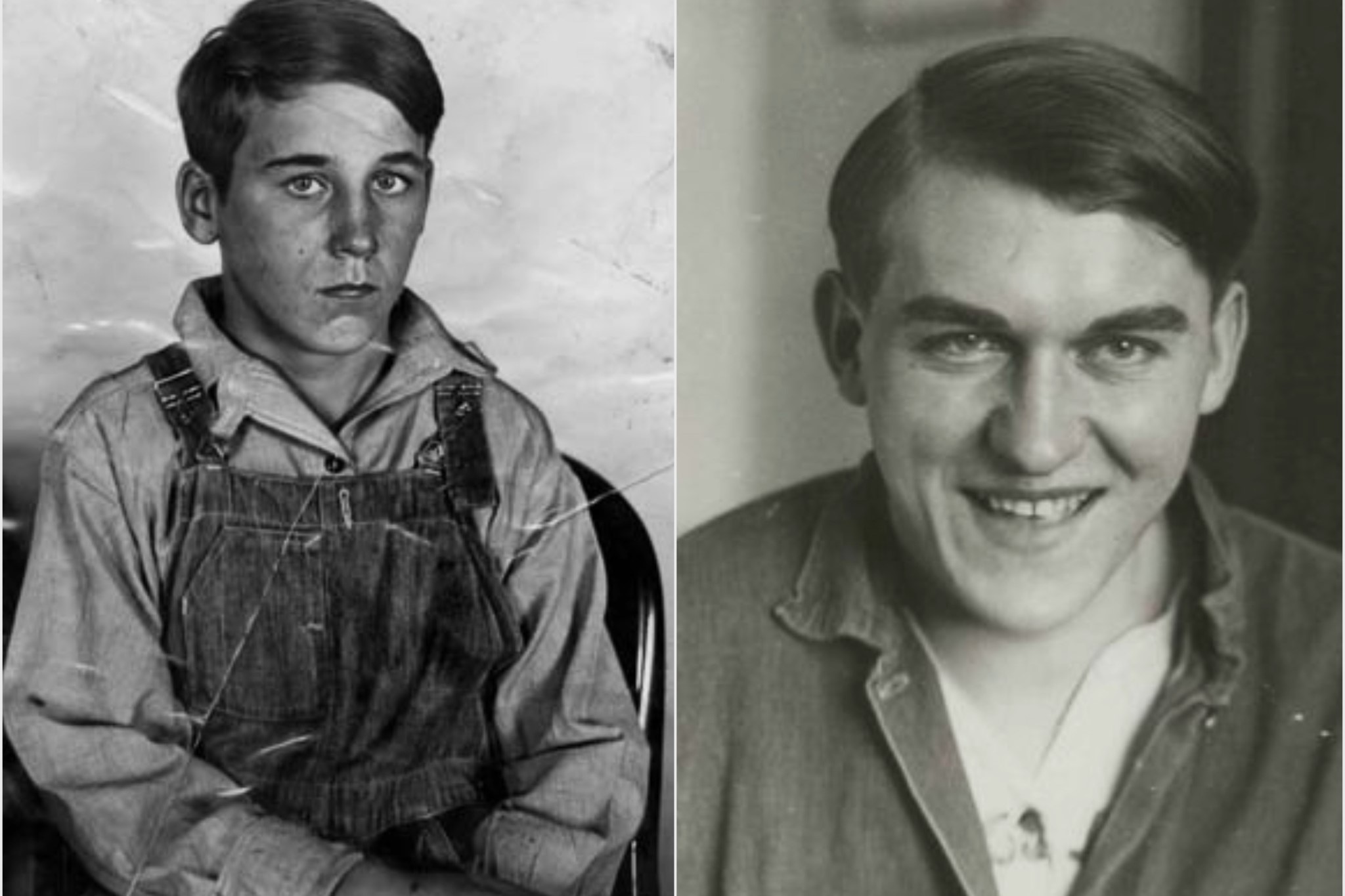
The Wineville Chicken Coop Murders remain one of the most chilling and perplexing crime stories in American history. Between 1926 and 1928, a series of abductions and murders of young boys took place in Wineville, California, now known as Mira Loma. Gordon Stewart Northcott, the man behind these heinous acts, was eventually captured and brought to justice, but the scars left on the community and the families of the victims endure. This dark chapter not only shocked the nation but also led to significant changes in law enforcement practices. Understanding the details of these crimes helps us remember the victims and the importance of vigilance in our communities.
Key Takeaways:
- The Wineville Chicken Coop Murders, a chilling series of crimes in 1920s California, led to changes in child protection laws and law enforcement procedures, leaving a lasting impact on society.
- Gordon Stewart Northcott's heinous acts and the investigation into the Wineville Chicken Coop Murders shed light on the importance of mental health care, background checks, and forensic evidence in solving crimes.
The Wineville Chicken Coop Murders: A Dark Chapter in History
The Wineville Chicken Coop Murders, a series of gruesome crimes, shocked Southern California in the late 1920s. These events left an indelible mark on the region's history. Let's delve into some chilling facts about this dark chapter.
-
The Wineville Chicken Coop Murders took place in Riverside County, California, between 1926 and 1928.
-
Gordon Stewart Northcott, a Canadian-born chicken farmer, was the main perpetrator behind these heinous crimes.
-
Northcott's mother, Sarah Louise Northcott, was also involved in the murders, assisting her son in his gruesome acts.
-
The crimes were named after the small town of Wineville, where Northcott's chicken farm was located.
-
The town of Wineville changed its name to Mira Loma in 1930 to distance itself from the horrific events.
The Victims and Their Stories
The victims of the Wineville Chicken Coop Murders were primarily young boys. Their tragic stories highlight the brutality of Northcott's actions.
-
Walter Collins, a nine-year-old boy, was one of the most well-known victims. His disappearance and the subsequent investigation gained national attention.
-
The case of Walter Collins was further complicated when Christine Collins, his mother, was given a different boy by the Los Angeles Police Department, who insisted he was her son.
-
The boy given to Christine Collins was later identified as Arthur Hutchens, a runaway who pretended to be Walter to get a free trip to California.
-
Sanford Clark, Northcott's teenage nephew, was forced to assist in the abductions and murders. He eventually escaped and alerted authorities.
-
Clark's testimony was crucial in convicting Northcott and his mother.
The Investigation and Trial
The investigation into the Wineville Chicken Coop Murders was complex and fraught with challenges. The trial that followed was equally dramatic.
-
Authorities discovered human remains on Northcott's chicken farm, confirming the horrific nature of the crimes.
-
Northcott attempted to flee to Canada but was captured and extradited back to the United States.
-
During his trial, Northcott displayed erratic behavior, often disrupting court proceedings.
-
Northcott was found guilty of three murders, though he was suspected of killing many more.
-
He was sentenced to death and executed by hanging on October 2, 1930.
The Aftermath and Legacy
The Wineville Chicken Coop Murders left a lasting impact on the community and the criminal justice system.
-
The case led to significant changes in how missing children cases were handled by law enforcement.
-
Christine Collins continued to search for her son Walter until her death, never fully accepting that he was one of Northcott's victims.
-
The story of the Wineville Chicken Coop Murders was adapted into the 2008 film "Changeling," directed by Clint Eastwood and starring Angelina Jolie as Christine Collins.
-
Sanford Clark, despite his traumatic experiences, went on to lead a relatively normal life, marrying and having children.
-
The case remains one of the most infamous in California's history, often cited in discussions about early 20th-century crime.
The Psychological Profile of Gordon Stewart Northcott
Understanding the mind of Gordon Stewart Northcott provides insight into the nature of his crimes.
-
Northcott exhibited signs of severe mental illness, including delusions and paranoia.
-
He had a history of abusive behavior, both towards animals and people, which escalated over time.
-
Northcott's relationship with his mother was highly dysfunctional, with some experts suggesting she played a significant role in shaping his violent tendencies.
-
Despite his heinous acts, Northcott maintained a calm and charming demeanor, which helped him lure his victims.
-
Psychologists who studied Northcott's case have often cited it as an example of extreme psychopathy.
The Broader Impact on Society
The Wineville Chicken Coop Murders had far-reaching effects on society, influencing various aspects of culture and policy.
-
The case highlighted the need for better mental health care and early intervention for individuals displaying violent tendencies.
-
It also underscored the importance of thorough background checks for individuals working with children.
-
The media coverage of the case brought national attention to the issue of child abduction and murder, leading to increased public awareness and advocacy.
-
The story of the Wineville Chicken Coop Murders has been referenced in numerous books, documentaries, and television shows, cementing its place in popular culture.
-
The case also inspired changes in the legal system, including the establishment of more stringent laws for child protection.
The Role of Law Enforcement
Law enforcement played a crucial role in both the investigation and the aftermath of the Wineville Chicken Coop Murders.
-
The Los Angeles Police Department faced significant criticism for their handling of the Walter Collins case, leading to reforms in police procedures.
-
The case prompted the creation of specialized units within law enforcement agencies to handle missing persons cases more effectively.
-
The collaboration between local, state, and international law enforcement agencies was instrumental in capturing Northcott and bringing him to justice.
-
The use of forensic evidence in the case set a precedent for future criminal investigations.
-
The Wineville Chicken Coop Murders remain a case study in law enforcement training programs, illustrating the complexities and challenges of solving such crimes.
Final Thoughts on Wineville Chicken Coop Murders
The Wineville Chicken Coop Murders remain one of the most chilling and tragic events in American history. Gordon Stewart Northcott's heinous crimes left a permanent scar on the community and changed the lives of many families forever. His actions led to significant changes in how law enforcement handles missing children cases, highlighting the importance of vigilance and thorough investigation.
The story also inspired the film "Changeling," bringing more attention to the victims and their families. While justice was served, the memories of those lost continue to haunt the collective consciousness.
Understanding these events reminds us of the importance of community, awareness, and the relentless pursuit of justice. The Wineville Chicken Coop Murders serve as a grim reminder of the darkness that can lurk in society and the enduring need to protect the innocent.
Frequently Asked Questions
Was this page helpful?
Our commitment to delivering trustworthy and engaging content is at the heart of what we do. Each fact on our site is contributed by real users like you, bringing a wealth of diverse insights and information. To ensure the highest standards of accuracy and reliability, our dedicated editors meticulously review each submission. This process guarantees that the facts we share are not only fascinating but also credible. Trust in our commitment to quality and authenticity as you explore and learn with us.


